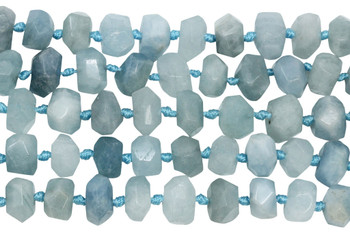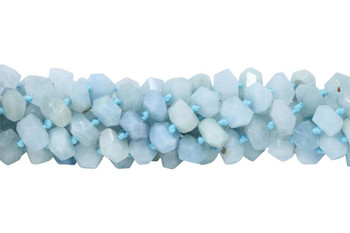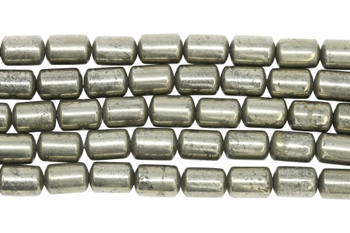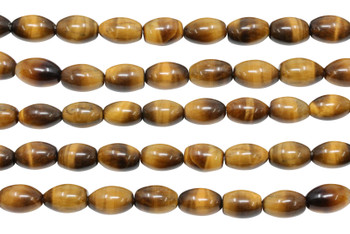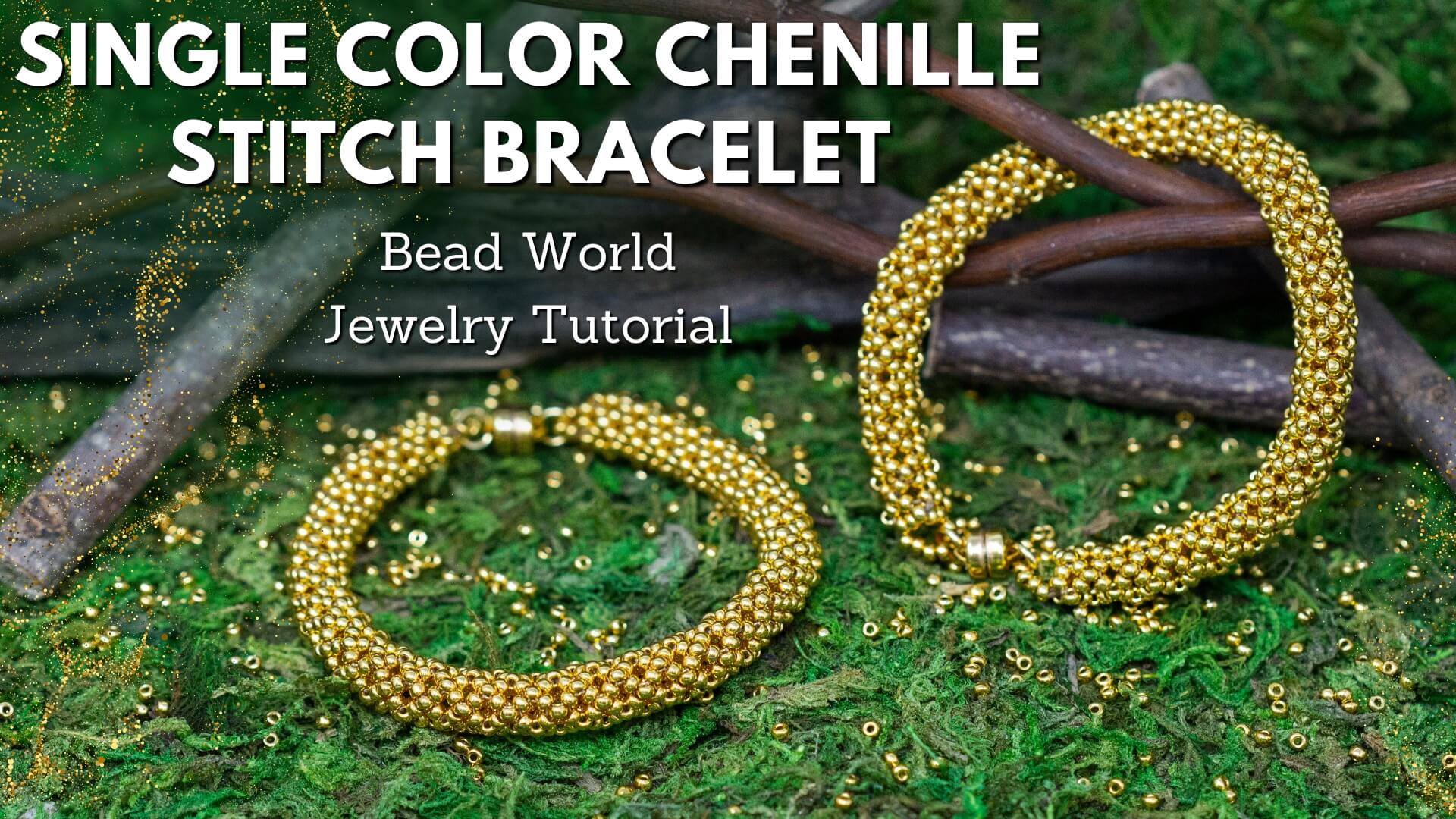Description
- Approximate beads per strand: 30
- most abundant minerals on Earth's surface and in the shallow crust. It is an iron oxide with a chemical composition of Fe2O3. Hematite is found as a primary mineral and as an alteration product in igneous, metamorphic, and sedimentary rocks. It can crystallize during the differentiation of a magma or precipitate from hydrothermal fluids moving through a rock mass. It can also form during contact metamorphism when hot magmas react with adjacent rocks.
- History: The name hematite is derived from the Greek word for blood αἷμα haima, due to the red coloration found in some varieties of hematite. The color of hematite lends itself to use as a pigment. The English name of the stone is derived from Middle French hématite pierre, which was imported from Latin lapis haematites around the 15th century, which originated from Ancient Greek αἱματίτης λίθος (haimatitēs lithos, "blood-red stone")
- Metaphysical Properties: Hematite is believed to help absorb negative energy and calms in times of stress or worry.
- Because gemstones are natural materials, appearances may vary from bead to bead
Additional Information
Approx. Strand Length: |
16 inches |
Hole Size: |
.8mm |
Dimensions: |
8x12mm |
Sold: |
By the strand |
Material: |
Hematite |
Shape: |
Tube |
Color: |
Grey |
Finish: |
Polished |
Range: |
8-9.9mm |
Range: |
12-15.9mm |








